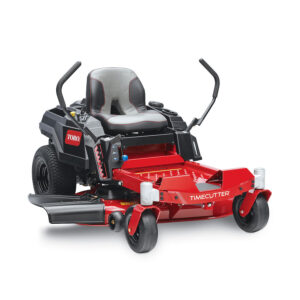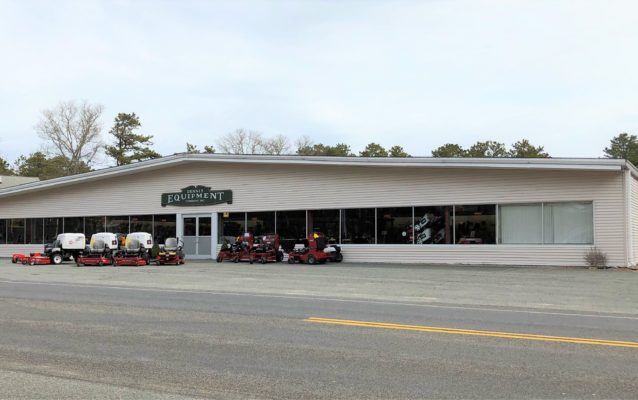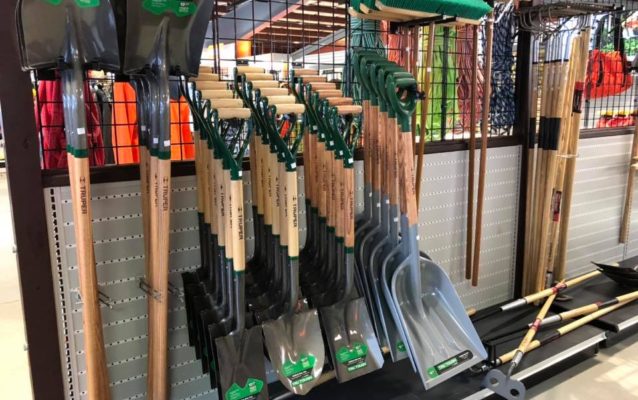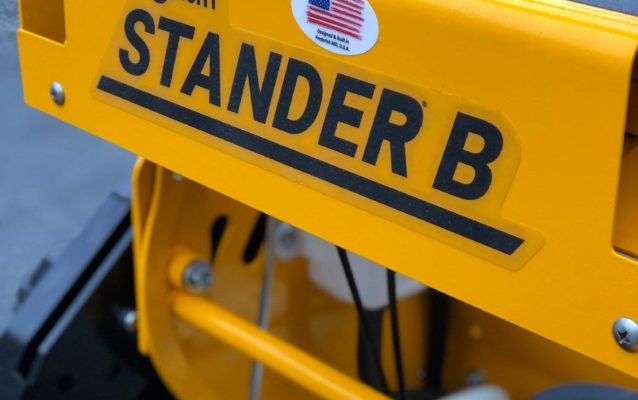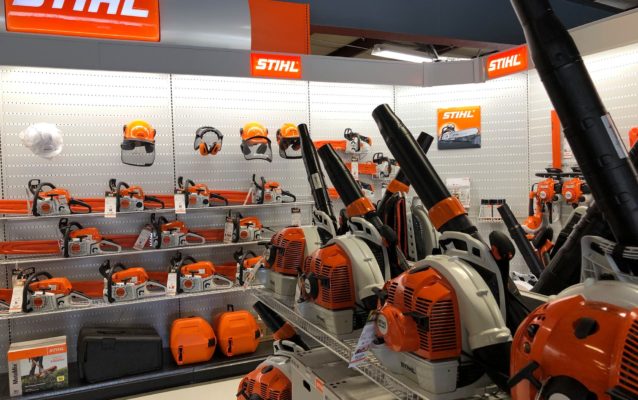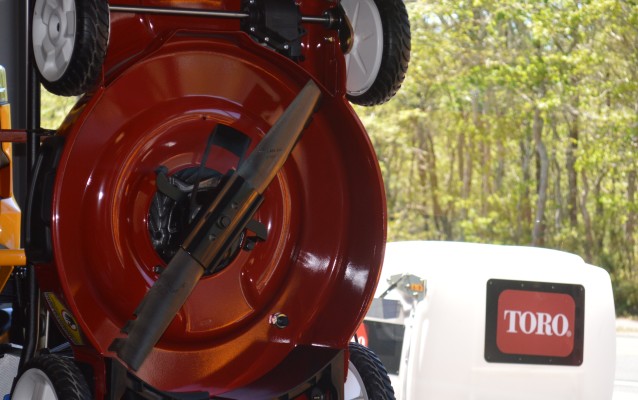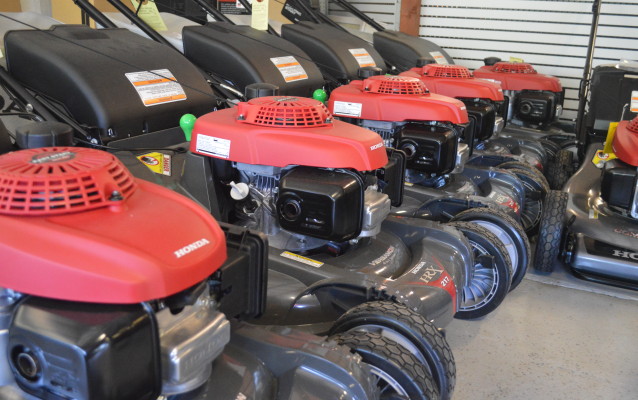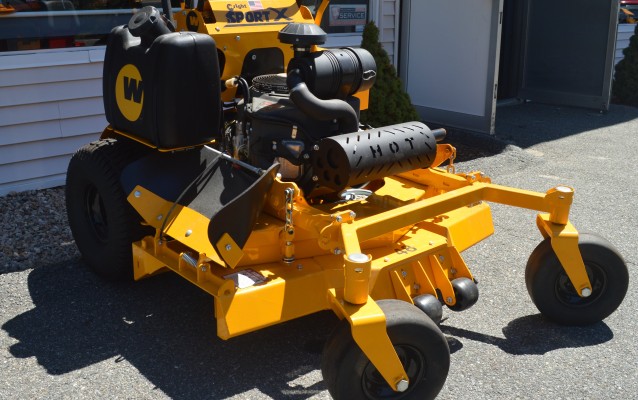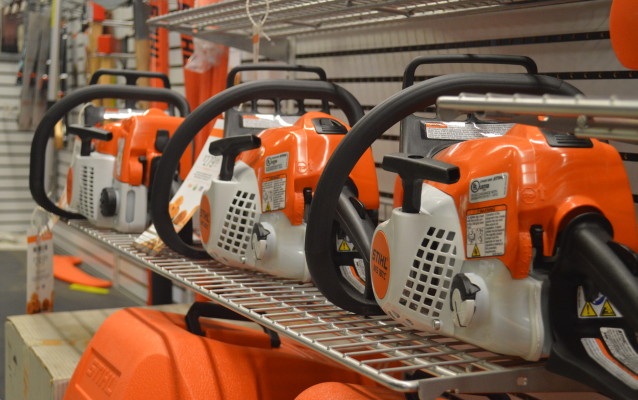All owners of outdoor power equipment want their machines to last long and do their job efficiently. This requires maintenance and upkeep just like any car, boat, or bicycle. Most owners of power equipment want what’s best for their machines to ensure long life, but what if there was something contributing to the degradation of your precious machine that you may not even know about?
There have been findings in the last ten years that machines powered with gasoline that contains ethanol can make small engines fail – and most owners don’t even realize it. Fuels that have 15% ethanol (commonly referred to as E15) “caused hotter operating temperatures, erratic running, and engine-part failure.” in small engines (consumerreports.org). Even E10 gas, gas that contains 10% ethanol, plays its part in potentially damaging your machine. E15 and E10 gasoline is most commonly used in cars – these gasolines were disapproved for use in small engines by the US Environmental Protection Agency in 2001 (theglobeandmail.com)- but to some people, this may not be common knowledge.
So what makes ethanol so dangerous for small engines?
For one, ethanol can be corrosive when it comes in contact with materials found in fuel storage and delivery systems.
Secondly, ethanol is an alcohol that can dry out components, such as your fuel lines, floats, seals, and diaphragms.
Ethanol is also hygroscopic, which means that it is attracted to water. Condensation trapped in your fuel tank can cause a chemical reaction that can cause corrosion of its important parts.
And finally, ethanol can act as a solvent, which can destroy the varnish and deposits in your tanks and lines. This can clog your carburetor or injections system, which can lead to important repairs. (theglobeandmail.com)
Now that we know of the dangers of ethanol in our fuel, what are some of the things we can do to prevent small engine damage and take better care of our beloved machines?
Always look before you pump. If you get your gasoline from your local gas station, always look at what kind of fuel you are putting into your machine. E15 fuel tends to be the least expensive gas at the pump, which is the deciding factor of 91% of respondents in a survey done by the Outdoor Power Equipment Institute. Always look for the ethanol content before filling your machine. (constructionbusinessowner.com)
Consider buying ethanol-free fuel from a local business or store. Though you may not get the cheapest price around when buying pre-packaged fuel, you can be sure that it is cheaper than a new carburetor or engine. Motomix and True Fuel from Stihl are two of our recommended products for sale here at Dennis Equipment. Supporting local businesses like ours can help keep our community’s economy thriving, even in our most trying times. (consumerreports.org)
Watch for warning signs of part failure. If owners consistently use fuel higher than E10 gas, things will ultimately begin to fail. Look for signs of damage in irregular engine revolutions per minute (rpm) and complete failure to start in machines that do not see frequent use. (constructionbusinessowner.com)
Run the machine dry before storing for the season. When the seasons change and it’s time to put away your machine for a bit, run the tank dry so there’s no fuel sitting in the tank. You can also treat your fuel with a stabilizer before storage. (consumerreports.org)
For more information about how ethanol can damage your small engine, check out our sources below:

